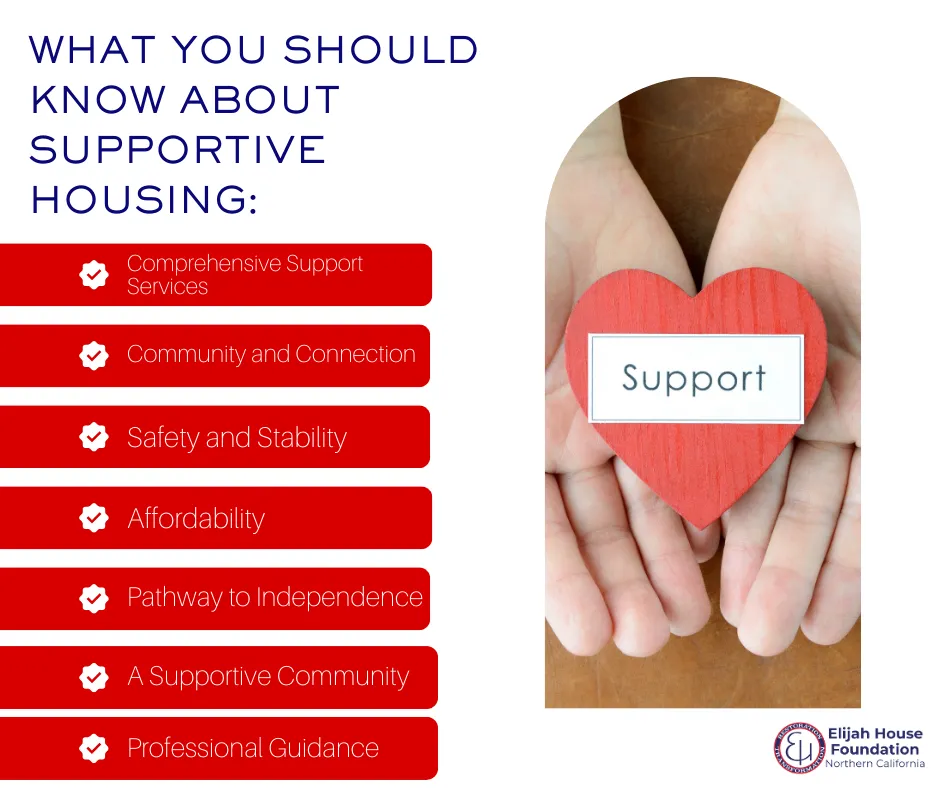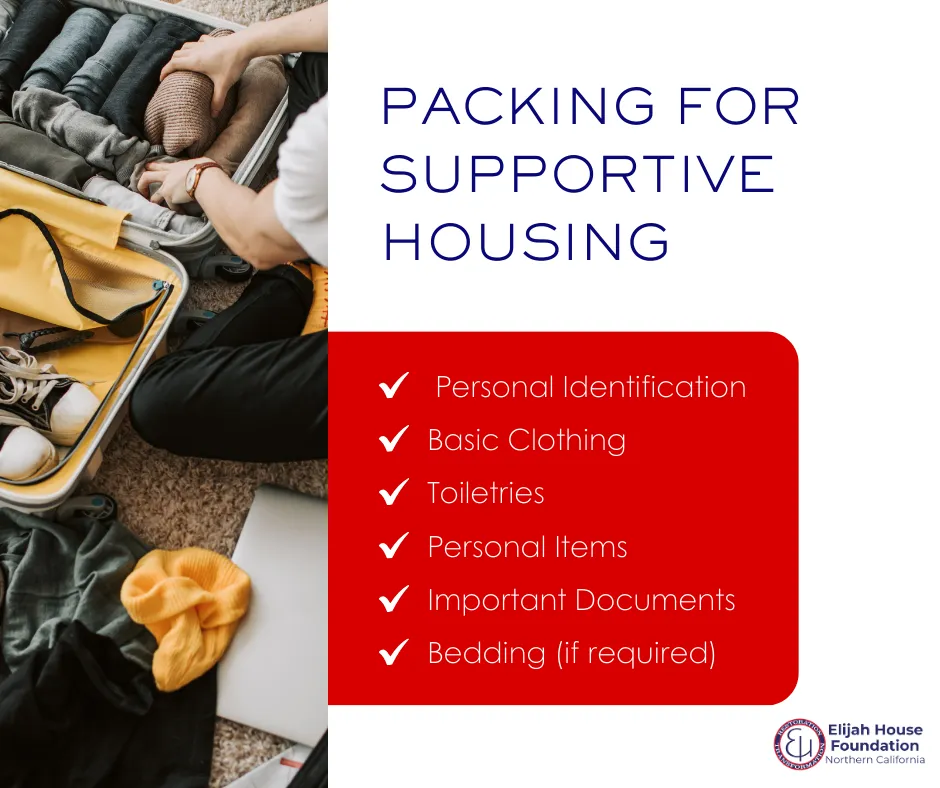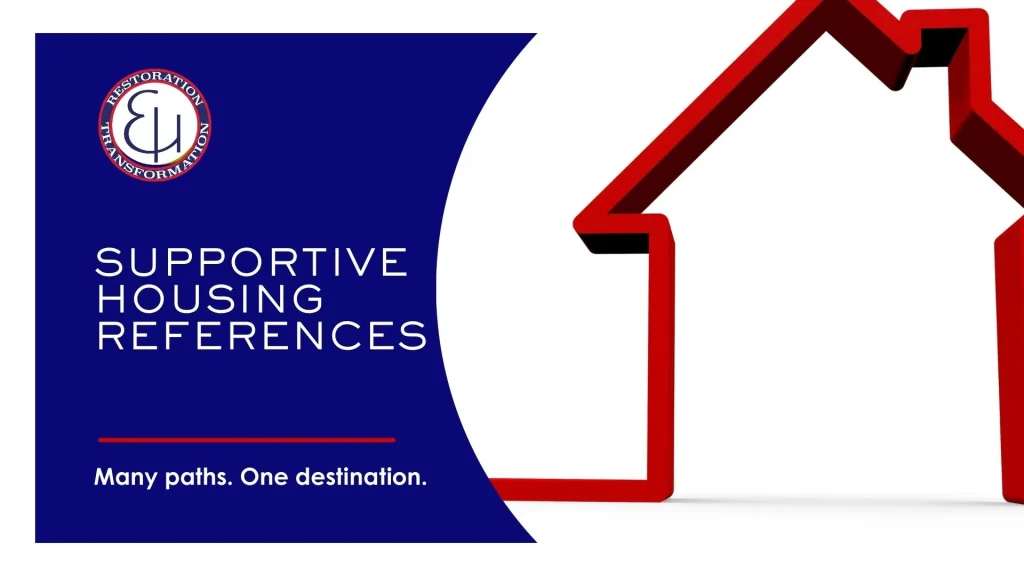If you or a loved one are in need of Supportive Housing (sometimes referred to as a “Sober Living Environment”) in the Butte County (Chico-Oroville) area, please feel free to reach out to any of the Support Housing/Sober Living providers below.
Skyway House, Chico, CA
- Ashley Buck – Phone: 530-898-9424, Email: abuck@skywayhouserecovery.com
Elijah House, Oroville, CA
- Debbie Henderson – Phone: 530-815-5720, Email: debbie@elijahhouseliving.com
- Jesse Winkels – Phone: 530-990-9708, Email: j.winkels@elijahhouseliving.com
Paths Straight to Recovery, Chico, CA
- Katya Yarosevich – Phone: 530-228-0215, Email: Treasurer.pstr@gmail.com
The Skytte House, Oroville, CA
- Maria Skytte – Phone: 530-513-9018, Email: maria@theskyttefoundation.com
- Tim Skytte – Phone: 530-513-8030, Email: theskyttehouse@gmail.com
Life Recovery Ministries, Oroville, CA
- Joe Argus – Phone: 530-282-9494, Email: joeargus@tfhc-oroville.org
- Shaur Brannon – Phone: 530-534-4704, Email: shaurcarmack@tfhc-oroville.org
The Jesus Center, Chico, CA
- Alishia Ferris – Phone: 530-345-2640, Email: alishia@jesuscenter.org
Johnson’s House of Sobriety, Chico, CA
- Stacy Johnson – Phone: 530-520-5248, Fax: 530-897-0190

Discover the Benefits of Supportive Housing: 5 Things You Should Know
1. Comprehensive Support Services
Before entering supportive housing, it’s essential to know about the extensive support services available. Our facilities offer access to counseling, job training, medical assistance, and life skills workshops. These resources are designed to help residents transition smoothly and build a stable, independent life.
2. Community and Connection
Supportive housing fosters a strong sense of community. You’ll find a network of peers and staff members who understand your journey and are there to offer support and companionship. This environment helps reduce feelings of isolation and encourages personal growth through shared experiences.
3. Safety and Stability
Our supportive housing provides a secure, stable environment where residents can focus on their personal development without the stress of an unsafe living situation. The structured environment helps promote a sense of normalcy and routine, essential for mental and emotional well-being.
4. Affordability
One of the significant advantages of supportive housing is its affordability. Our programs are designed to offer high-quality living arrangements at a fraction of the cost of traditional housing, ensuring that financial constraints do not hinder your access to essential services.
5. Pathway to Independence
Supportive housing is a steppingstone to independent living. Our goal is to equip you with the skills and resources needed to transition smoothly into a self-sufficient lifestyle. Many of our former residents have successfully moved on to maintain their own homes and thrive in their personal and professional lives.

What to Pack for Moving into Supportive Housing
- Personal Identification: ID, Social Security card, and any relevant medical records.
- Basic Clothing: Comfortable, everyday wear, and weather-appropriate clothing.
- Toiletries: Shampoo, soap, toothbrush, toothpaste, and other personal hygiene items.
- Bedding: Pillow, blanket, and sheets (if not provided).
- Personal Items: Photos, books, and small keepsakes to make your space feel like home.
- Important Documents: Any paperwork related to your housing, employment, or benefits.
Overcoming Apprehensions About Supportive Housing
Moving into supportive housing can be a big step, but it’s also a positive one. It’s natural to feel apprehensive, but knowing the benefits can help ease your concerns. Here’s how to feel good about your decision:
A Supportive Community
You’ll be part of a community that understands your experiences and challenges. This support network is invaluable in helping you feel accepted and understood, providing a sense of belonging that can significantly improve your well-being.
Professional Guidance
Our trained staff is here to assist you with every step of the way. From job training to mental health support, you’ll have access to professionals dedicated to helping you succeed. Knowing that help is available whenever you need it can alleviate fears about the transition.
Positive Outcomes to Look Forward To
Improved Mental Health
The stability and support offered in our housing can lead to significant improvements in mental health. Reduced stress, access to counseling, and a structured environment contribute to overall well-being.
Financial Stability
With affordable housing and access to job training programs, many residents achieve financial stability, which is a crucial step towards independence.
Personal Growth
Living in a supportive environment encourages personal growth. You’ll have the opportunity to develop new skills, build confidence, and set and achieve personal goals.
Community Resources for Financial Assistance
If you need help paying for supportive housing, several community services can assist you:
Butte County Office of Education
Contact: Debbie Morris, Director of BCBC
Email: dmorris@bcoe.org
Phone: (530) 532-5891
Website: www.bcoe.org
Community Action Agency of Butte County, Inc.
(Medi-Cal required to work with this program)
Contact: Salvador Hernandez, Lead Care Manager
Email: shernandez@buttecaa.com
Phone: (530) 717-2825
Website: www.buttecaa.com
Youth Career Center Advisor at Alliance for Workforce Development, Inc.
Contact: Lorena Meda
Email: Lmeda@ncen.org
Phone: (530) 961-5125 Ext. 120
Website: www.afwd.org/contact
WestCare
Email: info.ca@westcare.com
Phone: (530) 251-4800
Website: westcare.com
If on parole, speak with your agent to request a referral to treatment or supportive housing with Elijah House Foundation.
Take the first step towards a brighter future. Call the Elijah House Foundation today to reserve your bed in our supportive housing. Embrace the opportunity for stability, growth, and a supportive community. Your new beginning starts here!
Debbie Henderson – Phone: 530-815-5720, Email: debbie@elijahhouseliving.com

